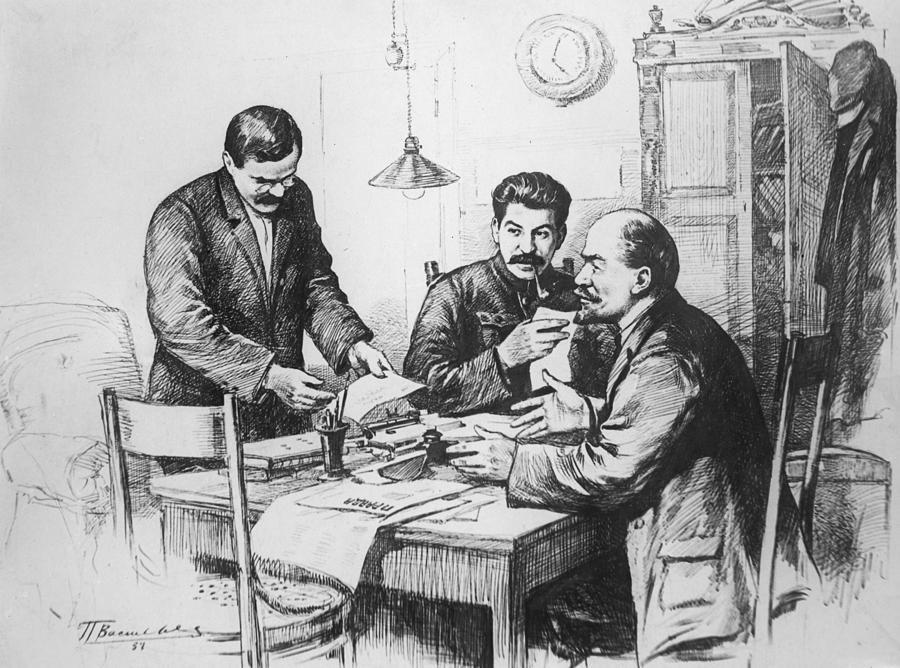Jose Maria Canlas Sison (born February 8, 1939), also known by his nickname Joma, was a Filipino writer and activist who founded the Communist Party of the Philippines and added elements of Maoism to its philosophy — which would be known as national democracy. He applied the theory of Marxism–Leninism-Maoism on Philippine history and current circumstances.
Born of a landed family in Cabugao, Ilocos Sur, Philippines, on February 8, 1939. He finished with honors the degree of Bachelor of Arts in English Literature in the University of the Philippines in 1959 and took masteral studies in comparative literature in 1959-61. He taught English grammar and literature in the University of the Philippines in 1959-61. He became press relations officer of the Araneta University in 1962-63 and professorial lecturer in political science in the Lyceum of the Philippines, 1964-67. He became an associate professor in political science in the Center of Asian Studies of the University of the Philippines in 1986-87. He was research consultant on development and socialization in the University of Utrecht, 1987-89.
Fearless of the Cold War and the Anti-Subversion Law of 1957 which penalized with death political dissent and revolutionary activity, Prof. Sison initiated Marxist study circles and the formation of mass organizations of youth, workers and peasants in order to revive the national democratic movement against US imperialism, feudalism and bureaucrat capitalism in the Philippines in the 1960s. He started as a student political activist in the University of the Philippines, where he formed study circles in Marxism and the Philippine revolution from 1958 onwards. He was the founding chairman of the Student Cultural Association of the University of the Philippines, 1959-62. He used this as a base for forming similar organizations in other universities and promoting student mass protests.
He joined the old merger party of the Communist and Socialist parties and became a member of its Central Executive Committee, 1962-67. He edited the Progressive Review, a Marxist journal of ideas and opinions on Philippine society, economy, politics, culture and foreign policy, from 1963 to 1968. He was in charge of research and education in the legal Workers’ Party (Lapiang Manggagawa) and carried out study courses among the leaders and activists of the trade union, peasant and youth movements from 1962 onwards. He was founding chairman of Kabataang Makabayan (Patriotic Youth) in 1964. He became general secretary and then vice chairman of Socialist Party of the Philippines (formerly Worker’s Party) in 1965. He promoted the national united front and became general secretary of the anti-imperialist united front, Movement for the Advancement of Nationalism in 1966-68.
Prof. Sison led the First Great Rectification Movement among the Filipino communists from 1966 to 1968 in order to criticize, repudiate and rectify the major ideological, political and organizational errors and weaknesses of the leadership of the old communist party from 1930 onwards and thereby lay the basis for the reestablishment of the communist party under the guidance of Marxism-Leninism-Mao Zedong Thought. He advocated the general line of new democratic revolution under working class leadership through protracted people’s war and with socialist perspective. He became the founding Chairman of the Central Committee of the Communist Party of the Philippines, which was reestablished on December 26, 1968.
He was chairman of the CPP Military Commission that founded the New People’s Army on March 29, 1969. In representation of the CPP, he co-founded the National Democratic Front of the Philippines on April 24, 1973 as an undergound united front organization against the Marcos fascist dictatorship. He was responsible for the mobile office of the central leadership and marched with the revolutionary cadres, Red fighters and masses in various regions of the Philippines. He shared the fighting tasks, the difficulties, the risks and the victories of the armed revolution during its foundational period. He was captured by the Marcos fascist dictatorship on November 10, 1977, subjected to various forms of torture (including punching, water cure, in shackles and fetters for more nearly two years and solitary confinement for than five years) and detained until the fall of Marcos in February 1986.
Philippine authorities were angered by the lectures of Prof. Sison, canceled his passport and subjected him to false charge of subversion and threats of arbitrary arrest and torture. He applied for political asylum in The Netherlands in 1988. As a result of lobbying by the US and Philippine governments, he has been blacklisted as a Terrorist by the Dutch government and then by the Council of European Union since 2002. He was released on September 13, 2007 due to lack of evidence and due to worldwide public outrage over the false charge. . The US, Philippine and Dutch governments continue to oppress him with threats of prosecution and imprisonment with the use of false charges in a brazen bid to pressure the NDFP to capitulate to the Philippine government.
On December 16 2022, the Communist Party of the Philippines, alongside its news organ Ang Bayan, announced the death of Sison after having been confined in a hospital in Utrecht, Netherlands, for two weeks. NDFP executive Luis Jalandoni disclosed that Sison died due to heart failure, after almost three weeks of hospital treatment, although he did not provide more details about Sison's death.
hello everyone - happy Black history month 🌌 here's a massive archive list of Black and Marxist writing and film (with downloads!) to check out xoxo
Megathreads and spaces to hang out:
reminders:
- 💚 You nerds can join specific comms to see posts about all sorts of topics
- 💙 Hexbear’s algorithm prioritizes comments over upbears
- 💜 Sorting by new you nerd
- 🌈 If you ever want to make your own megathread, you can reserve a spot here nerd
- 🐶 Join the unofficial Hexbear-adjacent Mastodon instance toots.matapacos.dog
Links To Resources (Aid and Theory):
Aid:
Theory:



